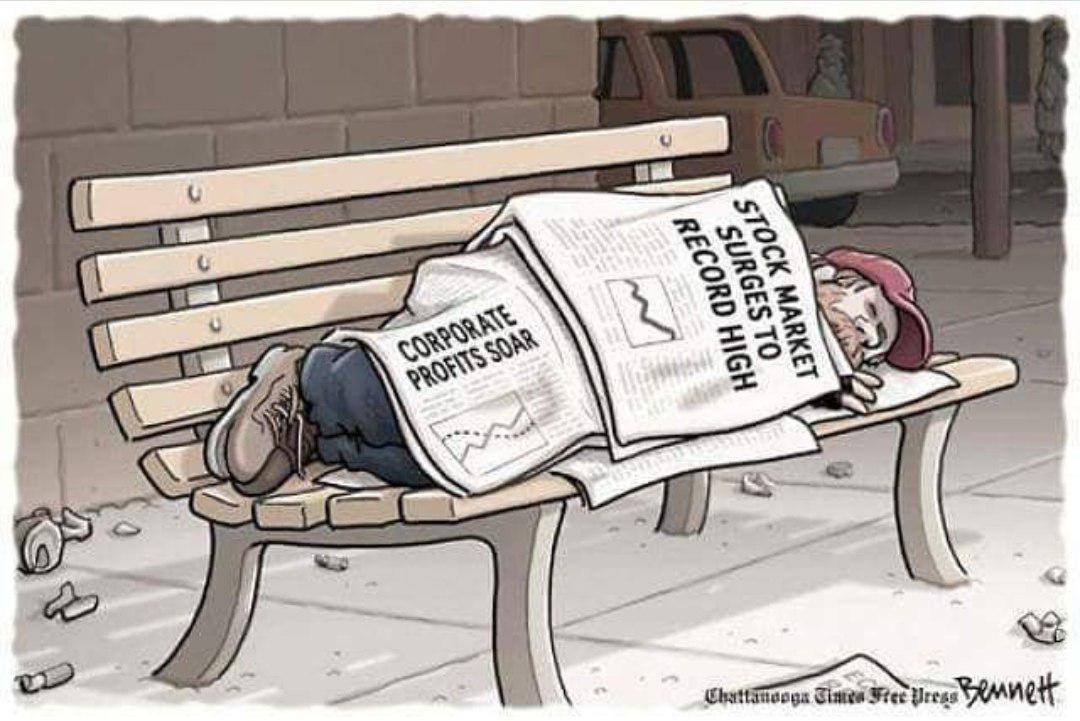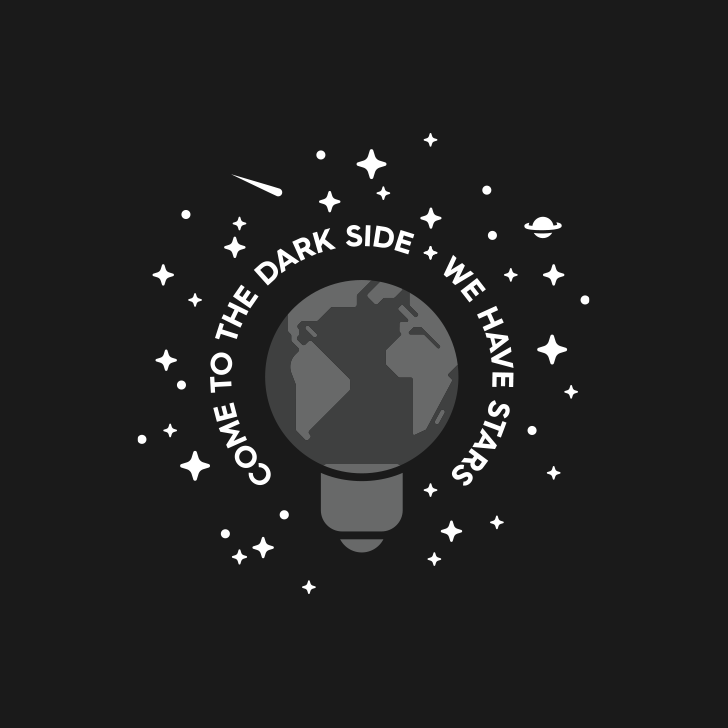That's one small step for [a] man, one giant leap for mankind.
— Neil Armstrong, 21.07.1969
This phrase was uttered precisely 50 years ago. Many consider it the most important phrase in history (or maybe the next most important one after «Поехали!»). Many people recognize it even without speaking English. Entire scientific articles have been written about whether it actually contained the indefinite article [a]. And there are serious reasons for all this.
Despite its militant beginnings in the form of nuclear ICBMs, space exploration always seemed to be the purest, most selfless, and most inspiring vector of technological development. There is no Chornobyl or Facebook in space for critics to point their fingers at as examples of how things can go wrong. People can die in space, sure, but only the people who voluntarily signed up for it, not random, unsuspecting civilians who won’t know what happened until it’s too late. It is difficult to even imagine how that could happen. I can’t remember a single work of science fiction where space exploration itself would lead humanity to disasters without involving aliens, anomalies, and other external forces. Is that even possible?
Surely, someone asked similar questions regarding the Internet in the 90s. Can access to all the knowledge in the world narrow a person’s horizons? Can the ability to communicate with anyone, anywhere, give rise to intolerance? Now we know the paradoxical answer. Social networks alone have probably led to more deaths and disabilities than Chornobyl through acquired mental illnesses and suicides.
Optimists tend to only imagine the desirable results of applying new technologies rather than the realistic ones, to ignore the achievability of the desired result in favor of its possibility. You can draw an infinite number of physically possible future scenarios, but only those from which you can draw a continuous path to the present can be realized. Moreover, as a general rule, the path of least resistance always leads to dystopia.
For example, it was naive to think that if you give people the Internet, they will start using it for self-education. Some may do, but most will follow the path of least resistance and simply solve their everyday tasks using the Internet: watch the news, order food, and search for partners. Demand creates supply, the industry is left to the whims of the market, and the market will find a way to create a dystopia.

The first decades of space exploration were so positive precisely because they didn’t take the path of least resistance. When Korolev persuaded Khrushchev to start a space program; when Kennedy said, “We choose to go to the Moon,” they actively steered history, taking it away from the path of least resistance with the sheer power of free will. But they could only maintain the new course for so long.

One could, of course, argue that Elon Musk also made a free choice when creating SpaceX and that he is now at the helm. But, firstly, I doubt that his choice was genuinely free. Secondly, behind Khrushchev and Kennedy stood the People. Behind private space corporations stands only the money. This means that they will inevitably follow the path that allows them to earn as much money as possible: the path of least resistance.
It’s just that until recently, no one imagined this path leading into space. And the dreamers, who have been waiting for the continuation of the space epic for 50 years, are too intoxicated by success to notice the catch. They expect a logical continuation of the space race of the 20th century, and so far, corporations have successfully masqueraded under this expectation. Awareness of reality will come too late, having gone through all the stages of accepting the inevitable. The ship of history will already be caught up in a powerful current, and it will become impossible to steer out of it.
A scientific colleague tells me about a recent trip to the New Guinea highlands where she visited a stone age culture hardly contacted by Western civilization. They were ignorant of wristwatches, soft drinks, and frozen food. But they knew about Apollo 11. They knew that humans had walked on the Moon. They knew the names of Armstrong and Aldrin and Collins. They wanted to know who was visiting the Moon these days. — Carl Sagan
Life works so that its worst moments are always ahead, regardless of our actions; however, nothing prevents the best moments from also being there: you just need to make an effort. I argue that the same can be said about the life of civilization as a whole.
Strongly paraphrasing Tsiolkovsky, we can say that the planet is a parental home of civilization, in which much is given for free but in which we will never be truly free. You can maintain good relationships with your family for a long time, achieve financial independence, and even support your parents with your own income, but sooner or later, you have to leave the home.
As a civilization, we have already completely ruined our relationship with our parents, and now it is only a matter of time before they force us out of the door. We can move (colonization of space), or we can correct our mistakes and try to restore the relationship (for example, by creating an artificial climate control system in space), but in both cases, we need the skills to live independently (autonomous spaceships).
Yes, life in space will not be anything like the rosy fantasies of Star Trek. Many dark pages of history are yet to be written. Many nightmares beyond comprehension are closely watching us from the interstellar void, waiting for a chance to take a bite. And realizing this is an essential step on the path to real adulthood. But this is not a reason to hate space or be offended by Elon Musk. Like Einstein in 1939, he does what must be done, even if he will regret it in retrospect.

But what role does Apollo 11 play in this whole analogy? The first cautious step into the adult world, accompanied by obviously unrealistic expectations and indescribable pleasure? The answer suggests itself. This is the first teenage love. A successful and happy, albeit unsustainable and short-lived one.
Continuing the analogy, we may conclude two things. The first is that we will never have anything like Apollo 11 again. And the second is that something much better may be waiting up ahead.
